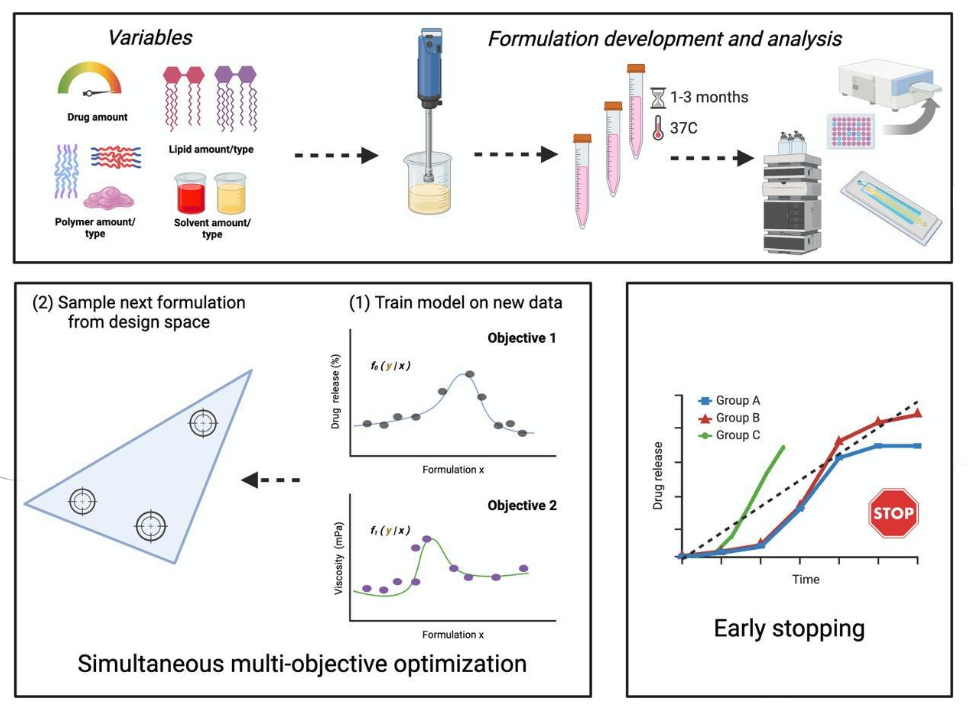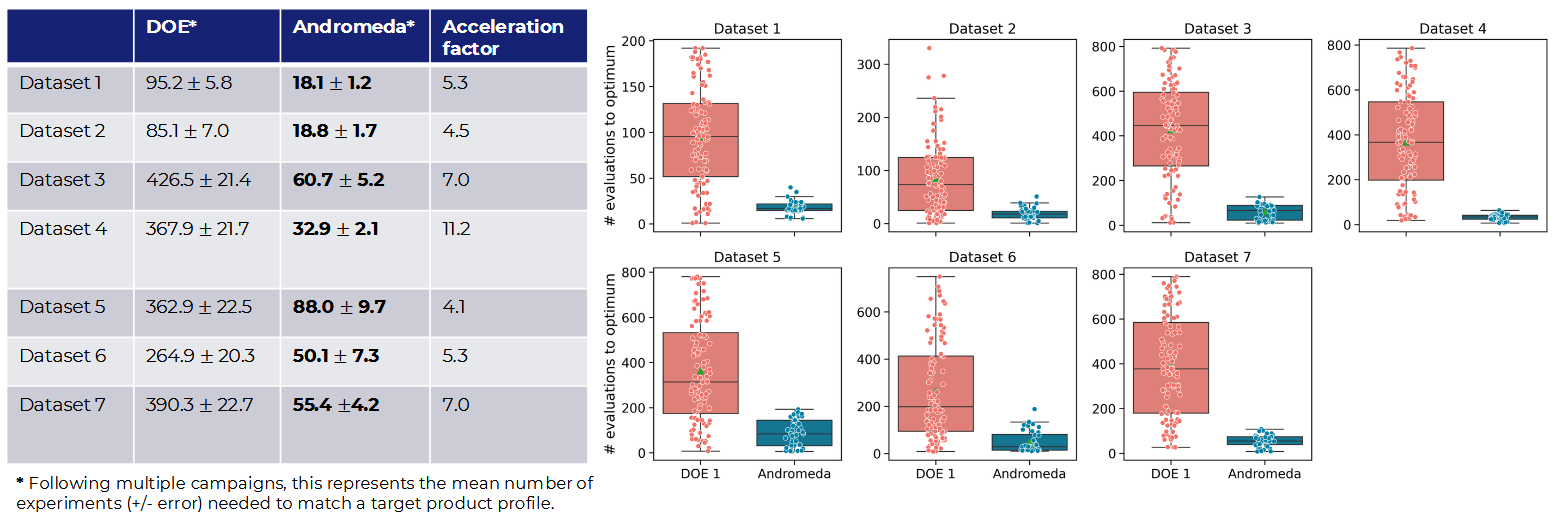Toronto’s Intrepid Labs Emerges with $11M and AI-Driven Platform to Rebuild Drug Formulation R&D
Toronto-based Intrepid Labs has emerged from stealth with $11 million in total funding to commercialize its autonomous drug formulation platform, Valiant. Designed to overhaul conventional formulation workflows, Valiant combines machine learning, real-time experiment planning, and robotic execution to optimize delivery strategies for small molecules and biologics.
Founded in 2023 as a spinout from the University of Toronto, Intrepid Labs is led by CEO Dr. Christine Allen, an expert in pharmaceutical formulation. She is joined by Dr. Pauric Bannigan and Dr. Riley Hickman, with expertise in lab automation and AI-driven optimization.
The company is a resident at Johnson & Johnson Innovation – JLABS and participates in the Vector Institute’s Fast‑Lane Program. Intrepid has raised $11 million to date, with a $7 million seed round led by Avant Bio following a $4 million pre‑seed round backed by Radical Ventures and Propagator Ventures.
Intrepid Labs is addressing limitations in traditional drug formulation workflows, which typically rely on sequential, single-variable testing that may leave much of the formulation space unexplored. According to the company, industry-wide R&D costs have increased more than 50-fold over four decades to exceed $100 billion annually, while clinical failure rates remain high, often linked to issues with safety or efficacy.
Condensing Formulation Timelines
Valiant platform, dubbed a "Multi-Technology Development Engine", is an autonomous formulation laboratory that links machine‑learning–based experiment planning with robotic preparation and analytical workflows.
The system follows a closed design–build–test–learn loop: an active‑learning engine called Andromeda proposes formulation experiments that Eunomia orchestration software schedules on the Robotica hardware. Data generated during each run retrain the model, allowing the platform to refine its search without relying on historical datasets.

Intrepid's Valiant platform workflow, a multi-technology development engine combining active machine learning and robotic automation to generate formulations without relying on third-party data.
Valiant is modular. Robotic modules can be reconfigured to accommodate injectables, solid dosage forms, and nanoparticle suspensions, among other formats, while analytical stations quantify parameters such as release kinetics, solubility, physical stability, drug loading, and cost of goods. Throughput is reported at tens to hundreds of formulation iterations per day, with each using a minimal amount of drug substance.
The platform performs multi‑objective optimisation—balancing, for example, release profile against manufacturability—in real time. Direct control of lab hardware enables "model‑in‑the‑loop" execution, so each experimental result feeds immediately into the next design cycle. Because the algorithm begins each project without pre‑training, Intrepid emphasises that no external or third‑party data are ingested.
Human formulators review intermediate data and adjust equipment configurations when necessary, but the cycle of experiment selection, robotic execution, and data integration runs largely without manual intervention, aiming to condense timelines from months to days.
Case Studies
According to company-provided internal data, the active‑learning module Andromeda typically needs between 18 and 88 experimental runs to reach a preset formulation goal, while the company’s reference design‑of‑experiments workflows have needed 85 to 427 runs for comparable tasks; this translates to four‑ to eleven‑fold fewer experiments. In a practical test on an extended‑release capsule, the target release profile was achieved by Day 11 of the campaign.

Valiant’s experiment planning algorithm: comparative data from formulation campaigns.
In a separate study aimed at improving an oral drug’s absorption, the refined formulation raised systemic exposure from 89 to 271 units, representing just over a three‑fold increase. That project also cut the number of inactive ingredients from 15 to 4, and the in‑vitro optimisation phase lasted less than a week.
Intrepid says eight commercial agreements are already in place—including two of the top‑10 and four of the top‑20 pharma companies, plus a multinational CRO—while it builds a patent‑protected pipeline of delivery systems: X‑TEND, a long‑acting injectable for small molecules and peptides, and N‑HANCE/N‑HANCE BIO, aimed at boosting peptide stability and oral bioavailability. N‑HANCE is reportedly available for licensing.
Topic: Biotech Ventures